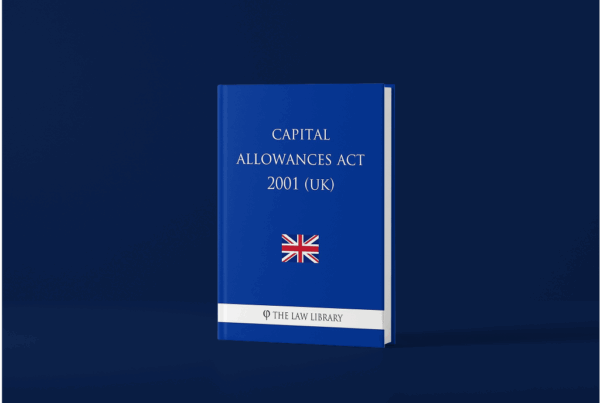The upcoming 2025/26 tax year introduces considerable tax reforms affecting UK landlords, especially those managing Furnished Holiday Lets (FHLs). The abolition of the FHL regime signals significant shifts in taxation, influencing profitability, available allowances, and future investment strategies for commercial property owners, here’s what you need to know.
Abolition of the Furnished Holiday Let (FHL) Regime
Overview of Changes
Historically, FHLs benefited from trade status, offering landlords notable tax advantages not available to standard residential lets. However, from the 6th of April 2025, the special treatment provided by the FHL regime will end, substantially affecting landlords’ tax liabilities and available reliefs.
Loss of Capital Allowances
Previously, Capital Allowances provided significant relief for fixtures, furniture, and equipment. From April 2025, landlords will no longer be able to claim new capital allowances on plant and machinery. However, it’s important to note that any existing capital allowances on previously purchased assets can still be carried forward.
Mortgage Interest Relief Restrictions
Under current rules, mortgage interest can be fully deducted as a business expense under the FHL regime. Post-April 2025, mortgage interest relief will be restricted to the basic rate (20%) for FHLs, aligning them with standard rental property rules. However, landlords operating via limited companies will retain full deductibility of mortgage interest against corporation tax.
Withdrawal of Capital Gains Tax (CGT) Reliefs
FHLs historically benefited from CGT reliefs including Business Asset Disposal Relief, Rollover Relief, and Gift Holdover Relief. From April 2025, these valuable reliefs will no longer be available, potentially increasing tax liabilities significantly when properties are sold or gifted.
Opportunities for EPC Investments
Despite losing the ability to claim new capital allowances specifically for FHLs, landlords investing in energy efficiency improvements (such as those required by the 2030 EPC C-rating mandate) could benefit from alternative tax incentives. Investments in energy-efficient upgrades might qualify for Full Expensing or Annual Investment Allowance (AIA), offering substantial immediate tax relief on qualifying expenditures.
Landlords should proactively explore these alternative relief opportunities to strategically offset the impact of losing FHL-specific allowances.
Pension Contributions Implications
The reclassification of FHL income will also impact personal pension contributions. FHL income, previously counted as relevant earnings for pension tax relief purposes, will no longer qualify. However, pension contributions via limited companies remain unaffected, presenting ongoing planning opportunities.
Treatment of Losses
Previously restricted FHL losses, only offsettable against future FHL profits, will gain greater flexibility from April 2025. Losses from FHLs can now offset other property income for individuals or be applied against broader company income in subsequent years.
VAT and Stamp Duty Changes
VAT
Termination of the FHL regime does not alter VAT rules; holiday accommodation remains standard-rated.
Stamp Duty Adjustments
Recent Stamp Duty Land Tax (SDLT) changes significantly affect acquisition costs:
- Additional property surcharge increases from 3% to 5%.
- Nil-rate SDLT band reduction from £250,000 to £125,000 effective 1st April 2025, raising transaction costs for landlords.
Careful timing and planning of property purchases will be critical to managing these increased costs effectively.
Additional Regulatory Changes
EPC Ratings by 2030
Landlords must ensure their properties achieve a minimum EPC rating of C by 2030, factoring this requirement into investment and maintenance strategies.
Council Tax Premiums
Local councils may impose a 100% premium on second homes from April 2025, doubling council tax liabilities for landlords and holiday homeowners.
Renters Reform Bill
Expected in 2025, this bill aims to bolster tenant protections and could significantly impact landlord operations, notably through abolishing non-fault evictions.
Strategic Preparation
Navigating these tax and regulatory shifts requires careful planning and expert advice. Commercial property owners, in particular, must assess how these changes impact profitability and investment decisions.
HMA Tax’s team of specialists offers targeted guidance to help landlords optimise their tax positions amidst these changes. Contact our experts today to explore how strategic investments and alternative relief opportunities can benefit your property portfolio in preparation for the 2025/26 tax year.




